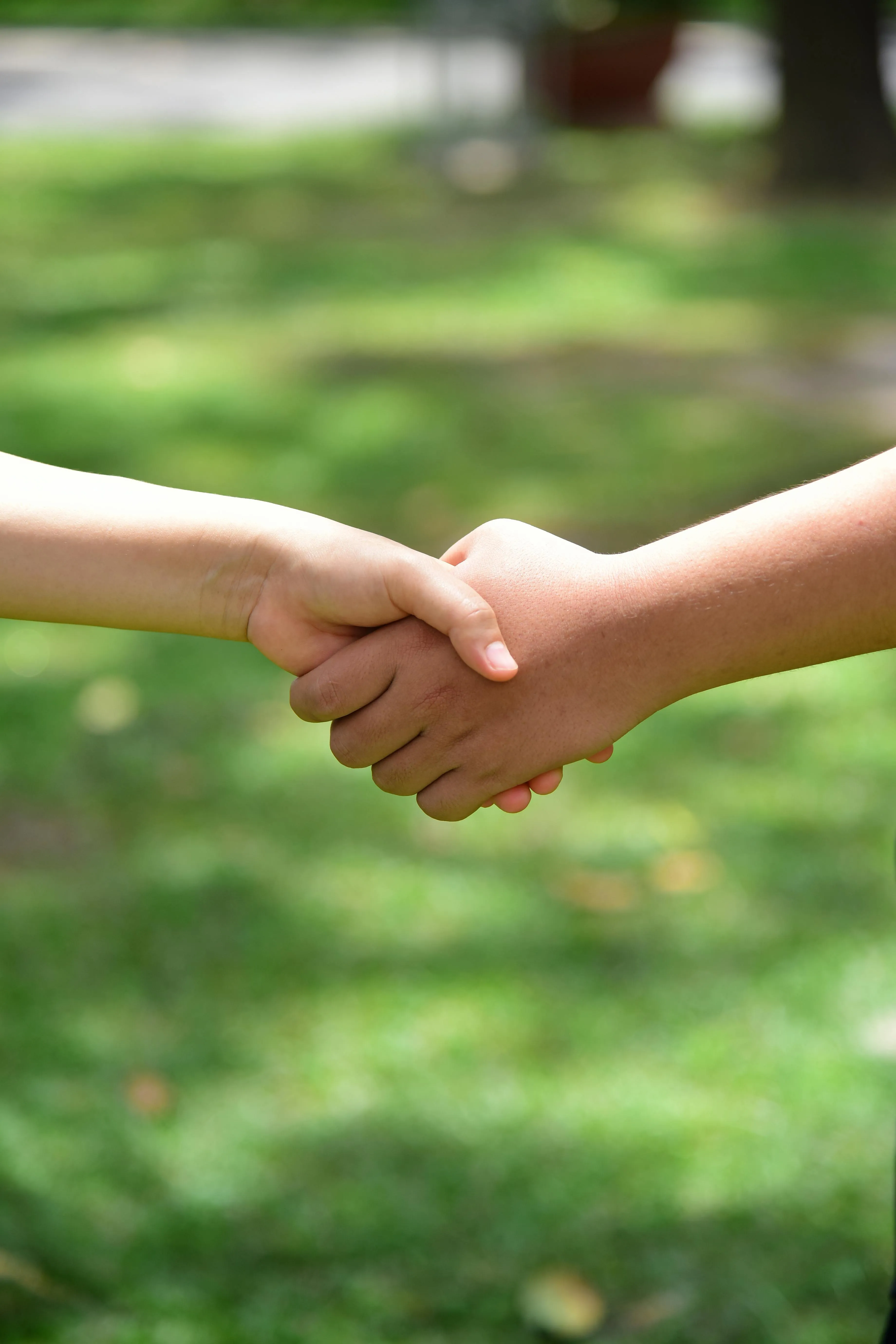10 Minutes - Article
A call to reconcili-action!
This interview has been kept anonymous to protect the speaker’s identity—but their voice remains powerful. As September brings focus to reconciliation and reflection for Indigenous Peoples, their words offer a candid glimpse into the ongoing impact behind the conversations.
Can you briefly introduce yourself and your connection to Indigenous communities in Alberta?
“I am a Métis woman from Northern Alberta. I grew up in a town with predominantly indigenous and Métis people. I manage the home visitation (Kihoykatowin) program and Youth Navigator (Wahokomiwew) Program. I work alongside staff who support the Indigenous youth that reside in the Parkland region.”
Reconciliation:
What does reconciliation mean for young Albertans?
"Reconciliation for young Albertans is continuing to be educated on the effects of colonization and how it still impacts young Indigenous people today. Reconciliation for youth is having open spaces to learn and reconnect to culture. To be encouraged and embraced when Indigenous youth want to grow their hair long, wear ribbon skirts and ribbon shirts or attend ceremony. To be given teachings about the culture and traditional ways without criticism, but with love and understanding. Many of our youth spent their childhood not knowing anything about where they come from or who they are when it comes to their Indigenous identity, having direct impact of colonialism and intergenerational trauma. Having today's society and non-Indigenous population celebrate and respect Indigenous youth in re-connecting back to culture is an important part of reconciliation.”
How can youth contribute to reconciliation?
“Youth can contribute to reconciliation by showing up to events that speak about Truth and Reconciliation to learn more about it for themselves and to also educate others. By being an Indigenous youth, youth showing up in these spaces, reminds people that the Indigenous People are still here, still strong and still growing.”
Orange Shirt Day:
Why is Orange Shirt Day important for youth?
“Orange Shirt Day is important for youth as this day reminds everyone the history of Indigenous People, and the large impact residential schools had on them. That something as simple as wearing an Orange Shirt to school was taken away from a small child. That today Indigenous People are reclaiming their culture, identity and right to choose how we want to live our lives as Indigenous People.”
How can we raise awareness about residential schools?
“Continue speaking about the history and making healthy choices in life as that is how you break generational cycles created from the traumas of residentials schools”
Decolonizing Education:
How can schools better include Indigenous history and culture?
“Schools can better include Indigenous history and culture by always acknowledging how residential schools still have an impact today on Indigenous People. Schools can invite Indigenous Knowledge Keepers in to educate students and staff about the beautiful, strong and resilient culture Indigenous People have and come from.”
What can students do to support this change?
“Students can celebrate, listen and learn. Encourage their Indigenous classmates to represent their Indigeneity proudly. Learning and following our 7 Sacred Teachings are actions all students can do to create positive change and show reconciliation:
Love; Respect; Honesty; Truth; Courage; Wisdom; Humility.”
Actions For Youth:
What’s one thing youth can do to support reconciliation?
“The Orange Shirt can be worn more than just on September 30th. Youth can continue to wear their orange shirts throughout the year and years to come to support reconciliation.”
How can youth connect with Indigenous communities?
“Attend community events that are happening in indigenous communities. Often times communities will share their events to social media to inform and welcome people to attend.”
Final Thoughts:
What’s your message for young Albertans about reconciliation?
“Indigenous people are the first people to reside on Turtle Island. Honour, celebrate and advocate.”
